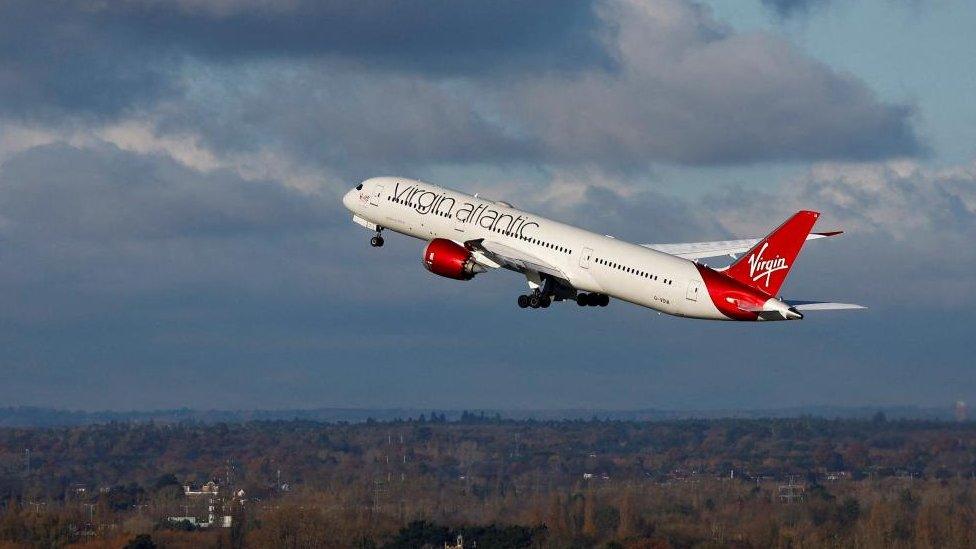'Green airline' Ecojet buys 70 electric aircraft engines
- Published
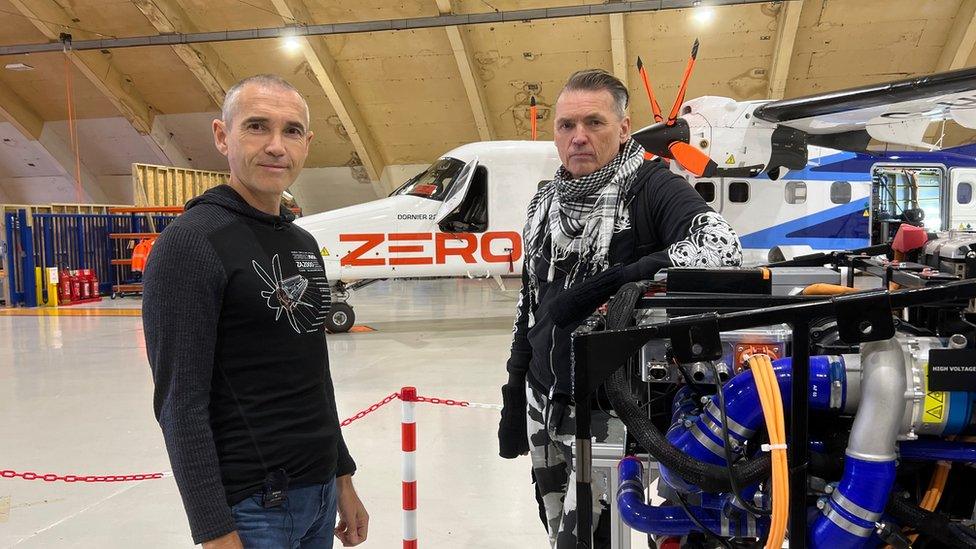
Dale Vince (right) has bought all-electric engines for his new airline from Val Miftakhov (left).
The UK's first all-electric airline has signed a deal for 70 new aircraft engines, which it claims will fly with zero carbon emissions.
Ecojet was started in July by Dale Vince, an entrepreneur who founded the renewable energy firm Ecotricity in Stroud.
He aimed to offer zero emission flights by 2026, subject to approval from aviation regulators.
Mr Vince said: "We don't have to give up flying to live a green lifestyle."
The hydrogen-electric engines are made by ZeroAvia, a new firm which is testing the technology at the Cotswold Airport, near Kemble in Gloucestershire.
They work by using hydrogen to generate electricity in the air, which then powers propellers to fly the aircraft.
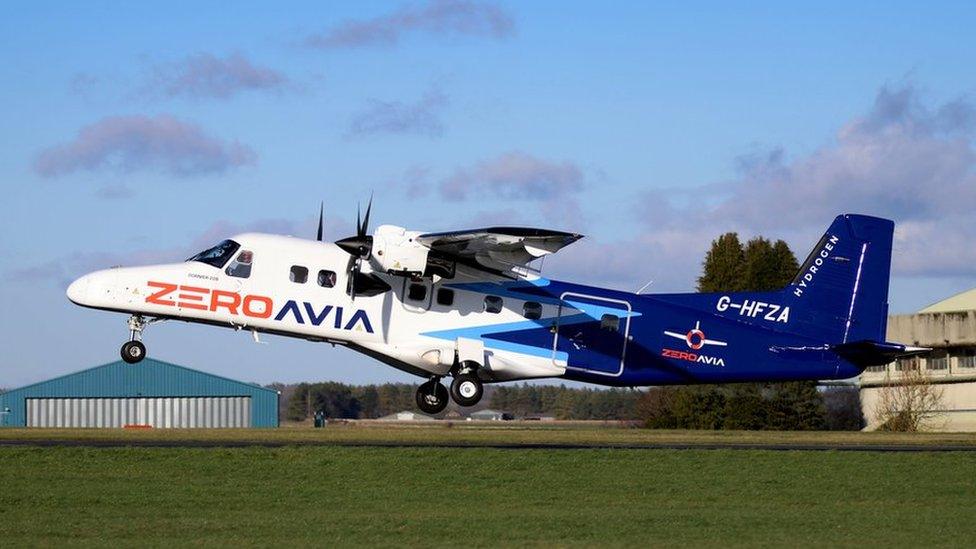
The electric aircraft has flown test flights at Cotswold Airport
So far, 10 successful test flights have been carried out by a small aircraft, which could carry up to 20 passengers.
The only emission from the aircraft itself is water.
But scientists have pointed out that making hydrogen itself can create carbon emissions, unless renewable electricity is used.
Nonetheless, the company is claiming their technology would enable "zero emission flying".
Ecojet is leasing conventional small aircraft, which carry up to 20 passengers, initially fuelled by kerosene.
The idea is to begin running in 2024 on routes within the UK, and prepare for the arrival of the hydrogen-electric engines.
Mr Vince explained: "We will take these engines, and stick them on our planes, and convert them to electric hydrogen."
'Largest and soonest'
The Gloucestershire-based airline is a new arrival in the aviation industry, but this order puts it in the spotlight as the aerospace industry tries to move away from fossil fuels.
ZeroAvia's founder, Val Miftakhov, moves between California and the Cotswolds, and came to sign the deal personally.
He described the deal as "exciting". His other customers are traditional airlines, which are moving more slowly.
Ecojet was "likely to be the largest deployment, and soonest," he said.
The first planes will be small, only carrying up to 20 passengers. But there are plans for a larger engine, which could power regional aircraft carrying up to 70 people around 300 miles.
'Considerable hurdles ahead'
For Dale Vince, the offer of flying without carbon emissions is symbolic as much as practical.
He said: "People think to live a green life, a zero-carbon life, we have to give stuff up, including flying and we're coming along and saying no you don't, you can fly - with zero emissions."
There are considerable hurdles ahead. Hydrogen must be manufactured using renewable electricity, on a big scale.
Airports would have to invest in new infrastructure to handle and store the fuel, often kept at -250C (-418 F).
Passengers would also need to be persuaded this new way of flying was as safe as the old, even if it was greener.
Mr Vince clearly thinks the challenges are worth the effort.

Follow BBC West on Facebook, external, X, external and Instagram, external. Send your story ideas to: bristol@bbc.co.uk , external
Related topics
- Published17 July 2023
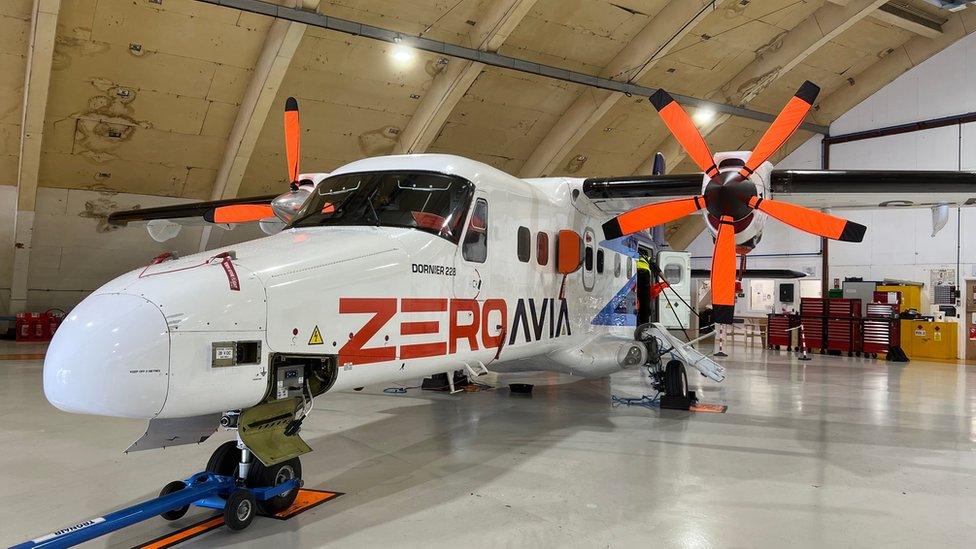
- Published28 February 2023
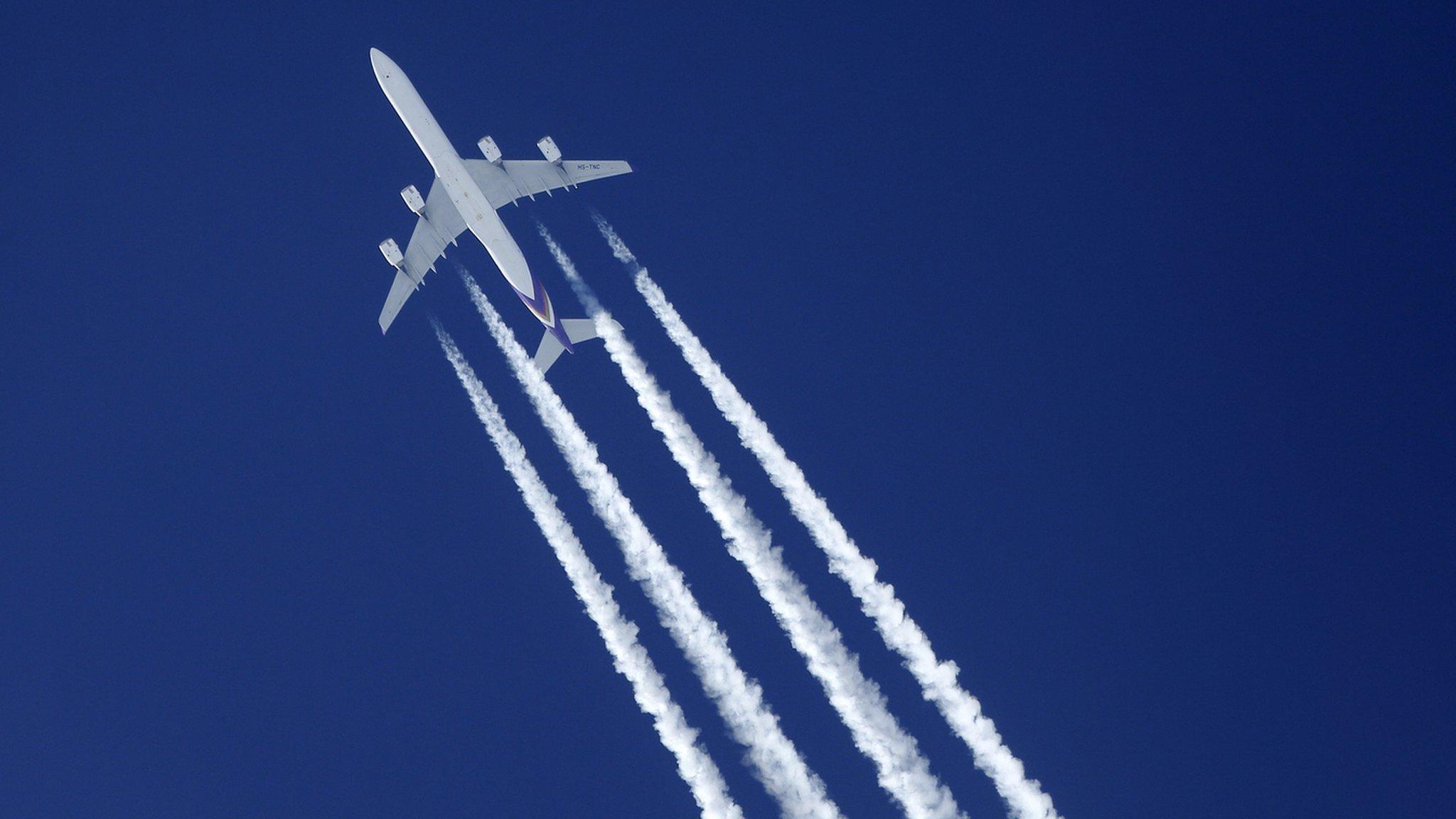
- Published24 November 2023
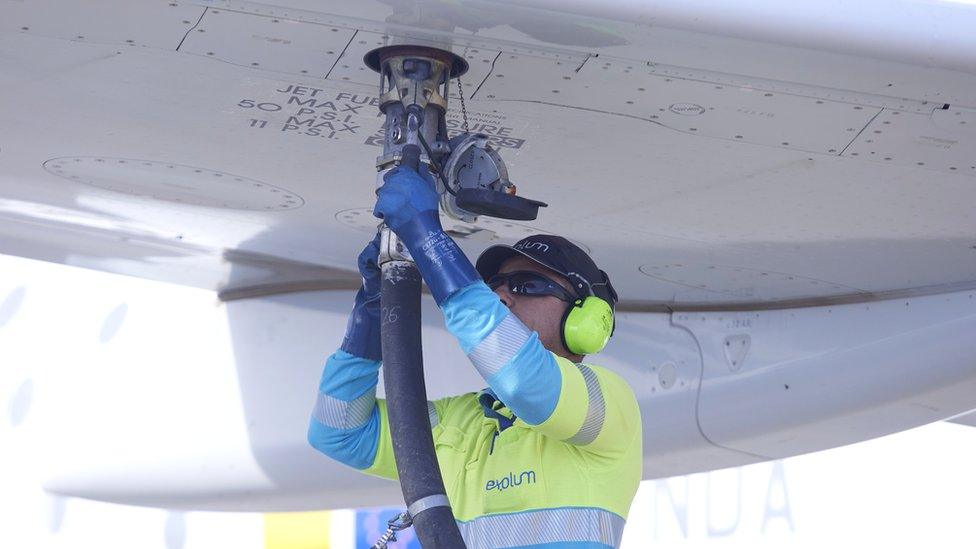
- Published28 November 2023
